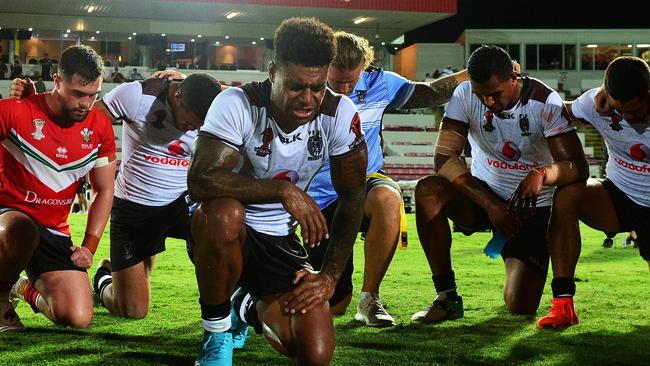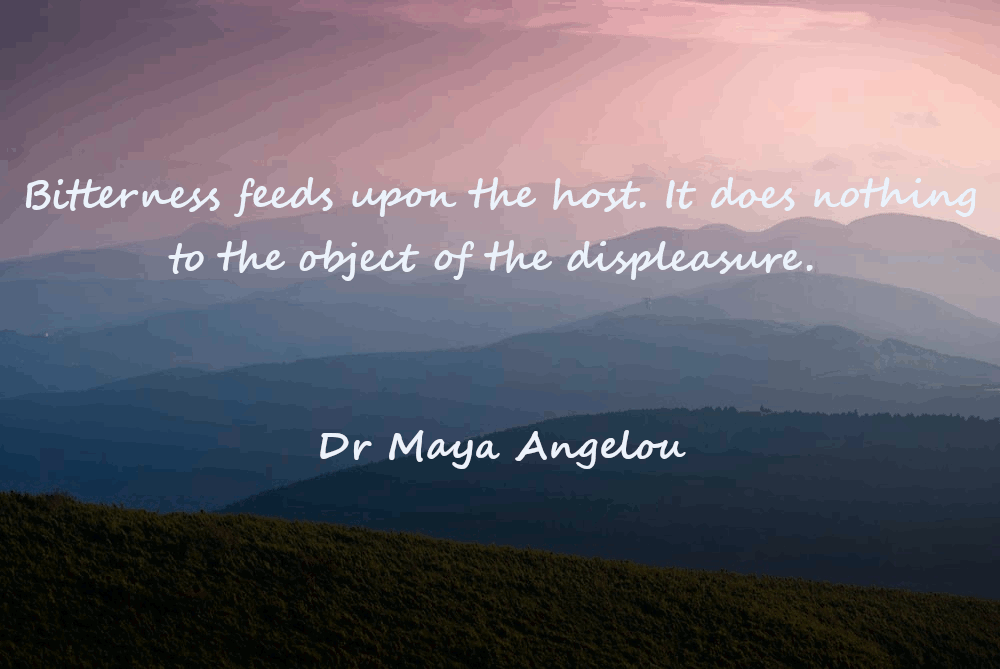
The Gospel of Christ featuring the Mustard Seed Soul Band from the album Heart and Soul recorded and produced by Ross Gill
Although I support England in all sports and not least Rugby – I was delighted with the way the Fijian’s played on Saturday and thought that they thoroughly deserved their first ever win over England. What really took my attention was the way that a number of the Fijian team dropped to their knees to pray at the end of the game. (I could not find a photo of this so the featured pic is of a Fijian team praying at another game)
I was interested to read that before the last World Cup the Fijian players said that they are united by a deeply held Christian faith. One player remarked “We Fijians don’t have large facilities like other teams have, but we know that being here is not from our strength but from God and it’s all God’s plan that we are here. Even if we lose we know that there is something bigger. Another player said “Faith helps keeps us together. It helps bond us as a team”.
Prior to the 19th century, indigenous Fijians practiced various traditional religions based on divination and animism. With the arrival of the Europeans in the later years, the religious landscape of Fiji started to change, with Christianity gradually gaining popularity. The conversion of Fijian tribal chiefs to Christianity helped spread the religion among their followers. The colonization of Fiji by the British led to further changes in the country’s religious landscape. While Christianity became hugely popular during this time, other religions like Hinduism, Sikhism, and Islam were also introduced in the country by indentured laborers that the British brought from India to work in the country’s sugar plantations.
According to the most recent census in 2007, most people have a Christian background (64.4% of the population), with a sizable Hindu (27.9%) and Muslim (6.3%) minority. Religion tends to split along ethnic lines with most Indigenous Fijians being Christian and most Indo-Fijians being either Hindu or Muslim.
Quote of the week

